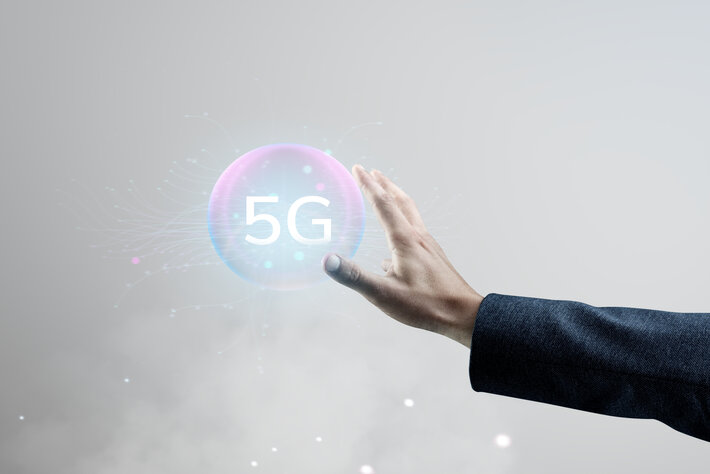It has been announced that Etisalat, Singtel, SoftBank and Telefónica have signed an agreement to create the first Global Telco Security Alliance (GTSA) offering enterprises access to a comprehensive portfolio of cyber security services. Impressive and about time too, says freelance telecoms writer, Peter Dykes. However, can even such a powerful grouping hope to fend off the do-badders?
With the emergence of the open, all IP-based, distributed architecture of for example LTE, attackers can target mobile devices and networks with spam, eavesdropping, malware, IP-spoofing, data and service theft, DDoS attacks and numerous other variants of cyber-attacks and crimes. Logically, there’s no reason why such threats should not be applicable to 5G, and IoT for that matter, particularly as these technologies are still largely nascent and almost by definition, vulnerable in ways yet to be discovered.
Andrew Schwabecher, head of the Cloud & Cyber Security Division at SoftBank Corp. says, “Hackers have well-established and organised communities where they cooperate to produce cyber threats – it’s time that the world’s largest network of operators formed a global alliance to strengthen our defence against these attacks.”
Organised and malevolent
Schwabecher is right to refer to ‘well-established and organised communities’, but just look who they are. The concept of the bedroom hacker who comes up with a malgorithm of one sort or another and passes it on to his co-conspirators has evolved into something far more organised and malevolent. That’s not all though. For months now, the headlines have screamed about government-sponsored hacking which it should be pointed out, is not just confined to the usual suspects but seems to be common practice across most of the even moderately developed nations.
How can even a powerful alliance of operators hope to get ahead of such massively well-funded organisations? Indeed, even the US government’s reluctance to allow the country’s network operators to use Chinese-made network infrastructure, a reluctance which incidentally pre-dates the Trump administration, seems futile in the light of various known state-sponsored attempts at hacking and snooping.
Then there are the threats to data security which, on the surface seem legal, such as the recent scraping and exploitation of data from the repository of hapless Facebook by the UK-based Cambridge Analytica.
Increased threat sophistication
The efforts of the GTSA are a definite step in the right direction and its goals laudable. Art Wong, CEO of Global Cyber Security at Singtel says, “We need swift and coordinated global responses to defend enterprises that operate across transnational borders as cyber threats are increasing in frequency, scale and sophistication.

Singtel and its US-based subsidiary Trustwave are both well-established security leaders across Asia Pacific, Europe and the Americas. The group’s resources, combined with those of its alliance partners, will provide a robust cyber security platform to protect our global customers, allowing them to thrive in the digital economy.”
He might have added that the hackers also operate across transnational borders, but perhaps the most telling word in Wong’s statement is ‘responses’. Cybersecurity is essentially a fire-fighting exercise. No one really knows what the next threat will be or from where it will emanate. Pro-activity in its truest sense is not an option. As it was and is, so it will continue to be.
The author of this blog is freelance telecoms writer, Peter Dykes
Comment on this article below or via Twitter: @VanillaPlus OR @jcvplus






